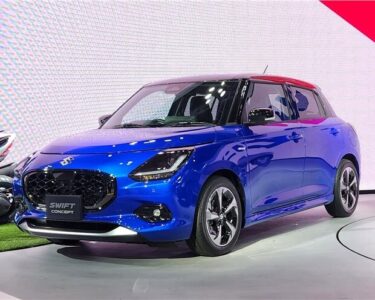MG has joined forces with LOHUM, India’s largest producer of sustainable energy transition materials, to establish a comprehensive ecosystem for the reuse, and life cycle management of EV batteries. MG India and LOHUM partnership aims to develop the concept of second-life solutions for batteries, ensuring their efficient utilization and contributing to the circular economy. The project will harness the potential of used batteries by repurposing them as Battery Energy Storage Products (BESS), effectively extending their life cycle and optimizing resource usage.
Under the collaboration, LOHUM will reuse end-of-first-life batteries of MG electric vehicles to build sustainable 2nd-life Battery Energy Storage Systems (BESS) for a wide variety of clean energy applications in India’s urban and rural landscape. LOHUM’s proprietary repurposing technology will be used to maximize the potential of cells before recycling, utilizing healthy cells high on Remaining Useful Life (RUL) to build sustainable 2nd-life BESS for a wide variety of clean energy applications.
The initial offering under this partnership will be a 100% Off-Grid, 5kWh Battery Energy Storage System (BESS) to meet the essential energy needs of urban and rural India by solving the end-of-life EV battery problem and organizing the battery waste sector. The BESS will provide uninterrupted power supply even in regions with unreliable grid infrastructure. By repurposing used MG EV batteries into second-life energy storage systems, MG Motor India and LOHUM are championing the principles of the circular economy. The circular economy model emphasizes the concept of reducing, reusing, and recycling resources to create a closed-loop system, minimizing waste and maximizing sustainability. Through this partnership, the batteries that would have otherwise been discarded are given a new purpose, contributing to a more efficient and responsible use of resources.




